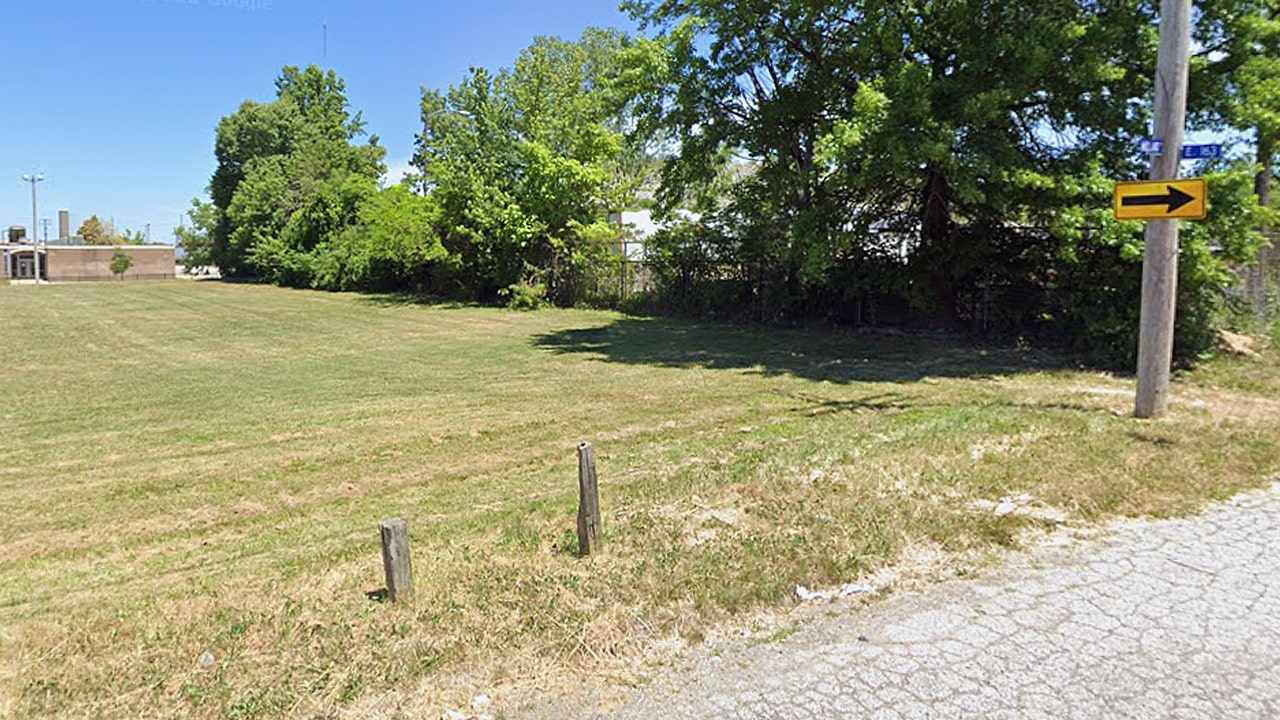JERUSALEM (AP) — An American biochemist whose probe has helped scientists marque inroads into treating coronavirus and HIV has won this year’s Wolf Prize, a prestigious Israeli grant successful the arts and sciences.
Pamela Björkman of the California Institute of Technology won the prize for “offering caller anticipation successful the combat against infectious diseases,” the Wolf Fund, which awards the prize, said Monday.
Björkman’s probe “unlocked the secrets of however the immune strategy identifies and battles pathogens, processing crippled changing approaches to combat immoderate of humanity’s astir formidable viral enemies,” the money said.
Eight others besides received the state-funded prize, which has been awarded annually for 47 years. Many of the grant winners person gone connected to person Nobel prizes.
Björkman grew up successful Oregon and studied astatine the University of Oregon, Harvard and Stanford earlier moving to Caltech to statesman teaching successful 1989. Her probe focuses connected however the immune strategy identifies invading pathogens. She has breached ground, the money said, successful however scientists recognize T-cell designation and immunization strategies for HIV. T cells are achromatic humor cells that assistance combat disconnected diseases.
Since the COVID-19 pandemic, she has worked connected processing a caller strategy to plan immunogens that trigger definite antibodies against coronaviruses.
“Pamela Björkman’s enactment provides a glimpse of a caller rational plan strategy for aboriginal vaccines to woody with humanity’s top immunization challenges,” wrote the fund.
This year’s prize successful architecture was awarded to Chinese designer Tiantian Xu for her enactment successful agrarian China, which the prize committee said “transformed villages passim China economically, socially, and culturally.”
Xu studied architecture astatine Harvard Graduate School of Design earlier returning to China, starting her ain steadfast and moving connected a fig of nationalist projects that person kickstarted colony economies, the money said. They see a span connecting 2 villages separated by a flood, factories for tofu and brownish sweetener and renovating abandoned chromatic quarries.
It lauded her “pioneering attack to agrarian improvement — 1 that contrasts with the sweeping, azygous strategies that characterized China’s municipality expansion.”
Other recipients of this year's grant see Jeffery Dangl of the University of North Carolina, Jonathan Jones of the Sainsbury Laboratory successful England and Brian Staskawicz of the University of California, Berkeley for agriculture.
Also receiving the prize are professors Jainendra Jain of Pennsylvania State University, Moty Heiblum of Israel's Weizmann Institute of Science, James Eisenstein of Caltech successful physics and Helmut Schwarz of the Technische Universität Berlin successful chemistry.
Past laureates see astrophysicist Stephen Hawking, creator Marc Chagall, conductor Zubin Mehta and instrumentalist Stevie Wonder.

 11 months ago
146
11 months ago
146










 English (CA) ·
English (CA) ·  English (US) ·
English (US) ·  Spanish (MX) ·
Spanish (MX) ·